Home> Company News> how to diagnose bad wheel bearing
Wheel bearings are a wear item on any vehicle. They can be replaced, but it's important to know when they need replacing. If the wheel bearing is bad, it can cause excessive vibration or noise from the wheels. This can be dangerous if it occurs while driving at high speeds on the highway or freeway.
To diagnose a bad wheel bearing, there are some easy checks that you can do yourself. For example, you can place your hand on the outside of the tire and feel if there is any vibration coming from the wheel. You should also inspect the inside of each tire for cracks or bulges in the sidewall which could indicate problems with your axle shafts or other parts of the suspension system that connect to these bearings.
If you don't feel any vibrations and don't see anything wrong with your tires, then there may be another issue causing this problem with your vehicle's alignment. In these cases, it's best to take it in to a repair shop so they can diagnose what exactly is causing this problem.
Scrubbing noise while driving and while turning your wheel.
If you hear a grinding or scraping noise when you turn your steering wheel, you may have bad wheel bearings. The symptoms are usually easy to identify, but if the sound is subtle and intermittent, the diagnosis can be difficult. A thorough inspection of all suspension components is usually required.
Scrubbing Noise While Driving
If you hear a grinding or scraping noise when driving over bumps or potholes, it might be time to check your wheel bearings. This symptom can also indicate that your wheels are bent or misaligned, so make sure to have them inspected by a mechanic before making any repairs.
Scrubbing Noise While Turning Your Wheel
If you hear a grinding or scraping noise while turning your steering wheel when driving straight, this is another indication that something is wrong with the wheel bearings. The problem could also be caused by worn-out steering parts like control arms, ball joints or tie rods — all of which should be inspected as well.
Grinding or growling noise when you’re accelerating.
A grinding or growling noise when accelerating is a sign of bad wheel bearings. The bearings help to reduce the friction between the wheels and axles so that they can rotate smoothly. They also help to keep the wheels in alignment with each other, which helps keep them from rubbing against each other while they spin.
If you hear this noise, it could be caused by a number of things, but it’s probably best to take your car in for an inspection before driving it any farther. If one or more of the wheel bearings have failed, that could cause damage to other parts of your vehicle, including the brake rotors and tires.
Wobbling or vibration that intensifies as you accelerate faster.
If you're driving and you feel like your car is wobbly or vibrating, it could be an indication of a bad wheel bearing.
Wheel bearings are responsible for keeping the wheels in motion, so if they're defective or worn out, they can cause your vehicle to vibrate or shake when you're driving.
There are two types of wheel bearings: inner and outer. Inner bearings support the hub assembly and connect it to the spindle; outer bearings support the hub assembly as well but are located outside of the spindle.
The most common symptom of bad wheel bearings is vibration or wobbling that gets worse as you accelerate faster. If you notice this symptom while driving, it's time to get an inspection done by a mechanic.
Steering wheel shake.
A common symptom of a bad wheel bearing is steering wheel shake. This happens when the vehicle travels over bumps or potholes in the road, and the driver can feel their hands shaking on the steering wheel. This is because the bearings are worn out, and they need to be replaced. The vehicle may also make a loud noise when turning corners or going over bumps and potholes, especially if the vehicle has been driven for long periods of time. This indicates that your vehicle needs new bearings as soon as possible to avoid further damage to your car or truck's suspension system.
A bad wheel bearing can cause quite a bit of damage to your vehicle, as well as cause other problems. It's important to get it fixed as soon as possible for safety reasons, but also for financial reasons. A bad wheel bearing can result in having to replace several other parts on your vehicle, because they will wear out faster than normal due to the stress caused by the bad bearing.
Difficulty turning the wheel and a clicking sound.
One of the most common causes of noise in the steering is a bad wheel bearing. The most common symptom is difficulty turning the wheel and a clicking sound when turning. If you are hearing this click, it is important to get it checked out as soon as possible. This can be caused by a few different problems with your car, but if you do not take care of it immediately, it can cause damage to other parts of your car.
The first thing that you need to do is take your vehicle into a mechanic or an auto shop and have them look at it for you. They will be able to diagnose the problem for you and tell you exactly what needs to be done in order for them to fix it.
If there are other symptoms present along with this clicking noise, such as difficulty turning or pulling left or right, then there could be other problems going on with your vehicle besides just the wheel bearings themselves. If this is the case, then they will let you know what needs to be done in order for them to repair it correctly.
Knocking sound in your front end.
If you're hearing a knocking sound in your front end, it's likely that the wheel bearings need to be replaced. A wheel bearing is a component that allows the wheel to turn smoothly on the spindle. If this part fails, it will cause excessive play in the steering and make a loud noise as you maneuver through turns.
The condition of your wheel bearings can be determined by listening to them while driving. If you hear a knocking or clicking sound when turning right or left, but not both directions, then this may indicate defective rear wheel bearings. However, if you hear it on both sides of the vehicle when turning right and left, then this may be an indication of defective front wheel bearings.
Bad wheel bearing can cause plenty of issues for you and your truck if left unchecked! If you're dealing with vibration, a bad wheel bearing is at the top of your list to check. You can find it, learn how to deal with it and repair it all here.
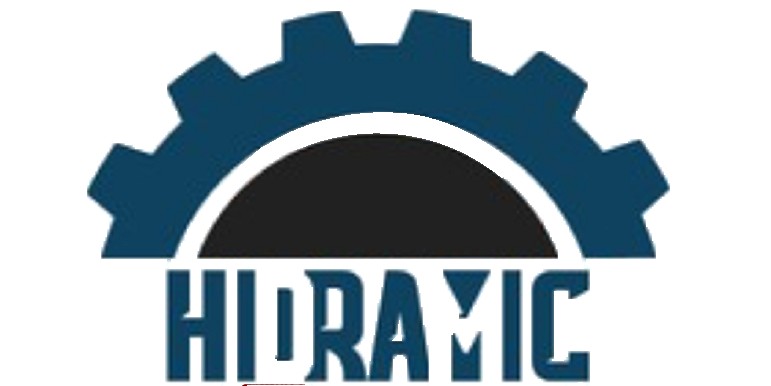

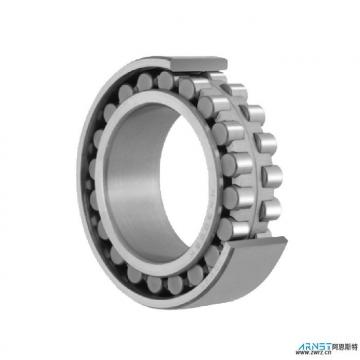 CRBH12025AUU Crossed Roller Bearing
CRBH12025AUU Crossed Roller Bearing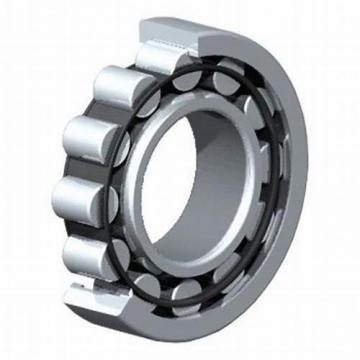 CRBH14025AUU Crossed Roller Bearing
CRBH14025AUU Crossed Roller Bearing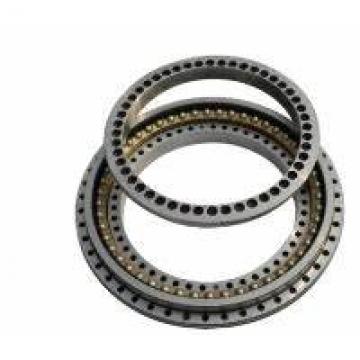 CRBH8016A Crossed roller bearing
CRBH8016A Crossed roller bearing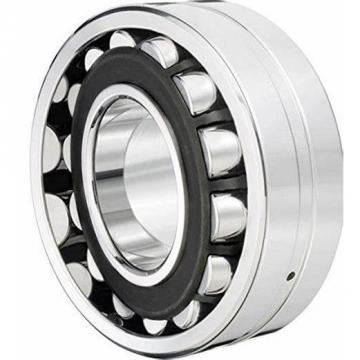 CRBH9016A Crossed roller bearing
CRBH9016A Crossed roller bearing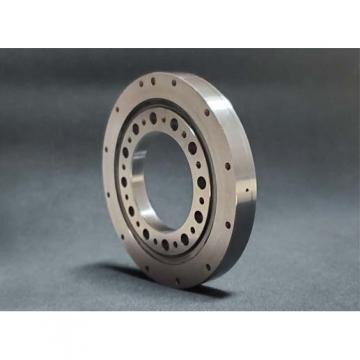 CRBH13025AUU Crossed Roller Bearing
CRBH13025AUU Crossed Roller Bearing